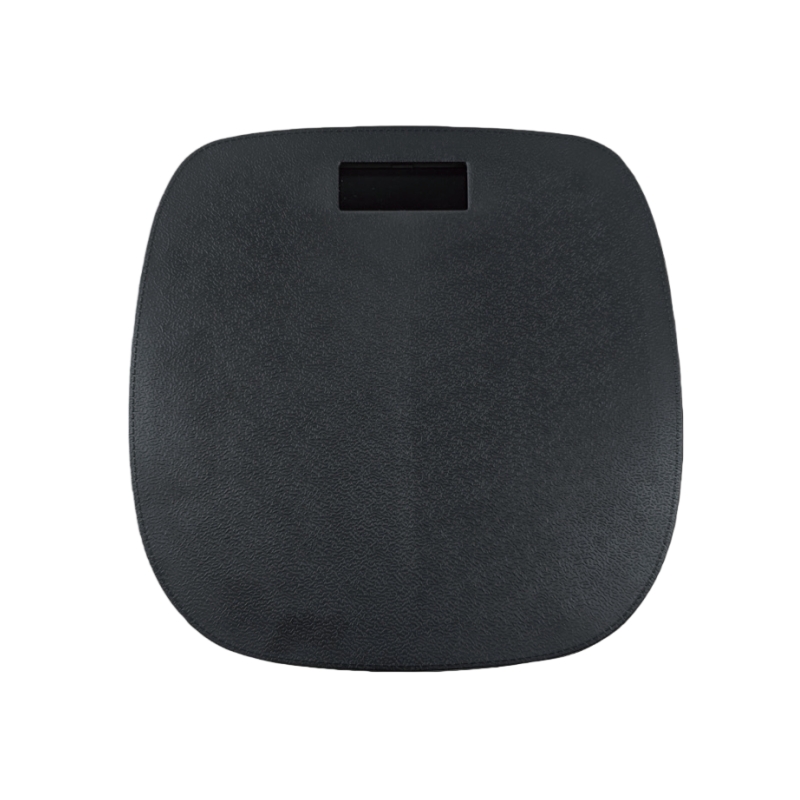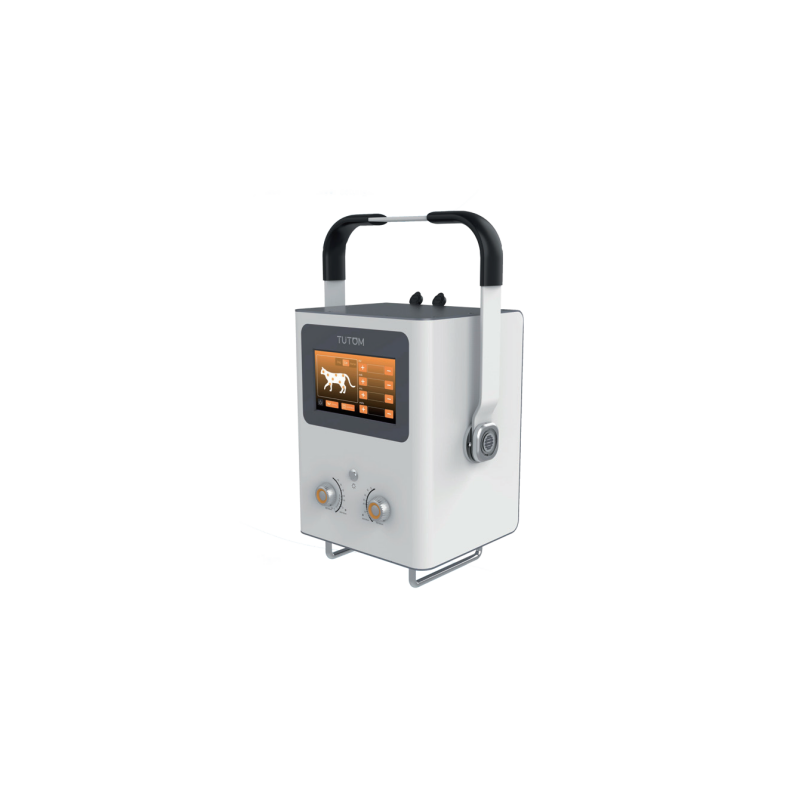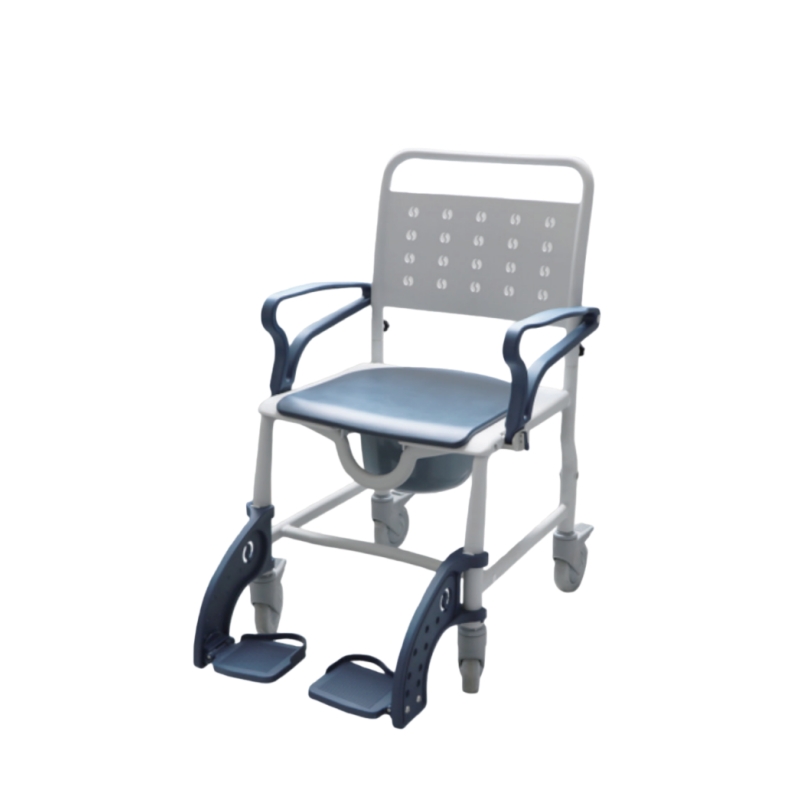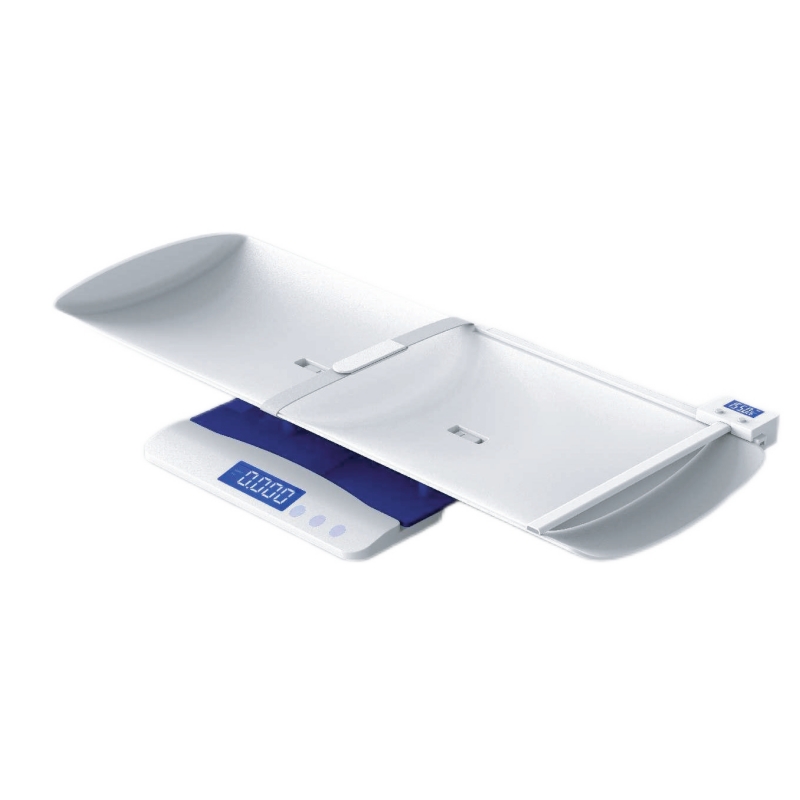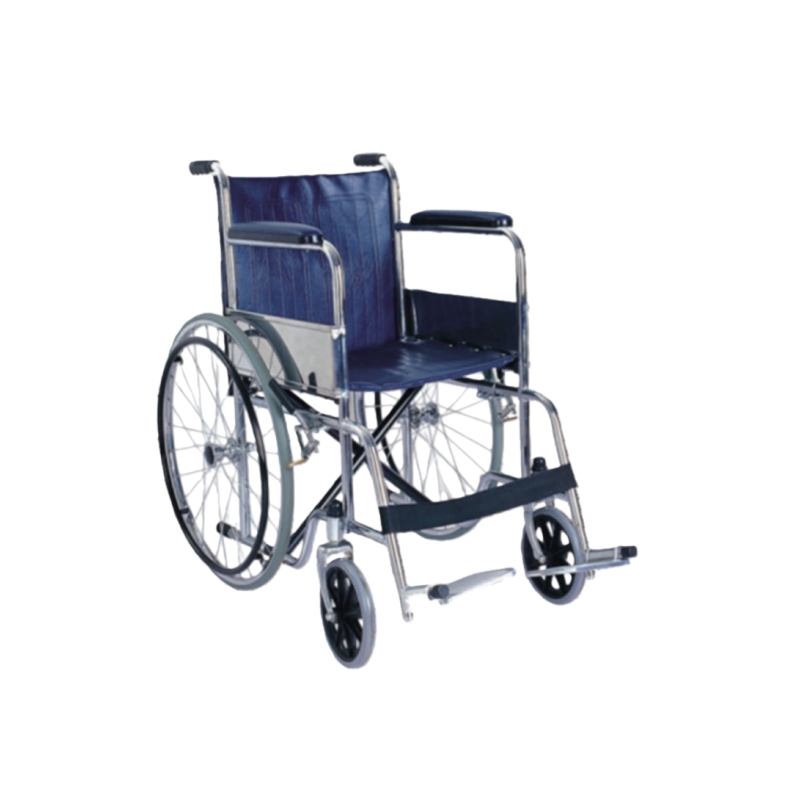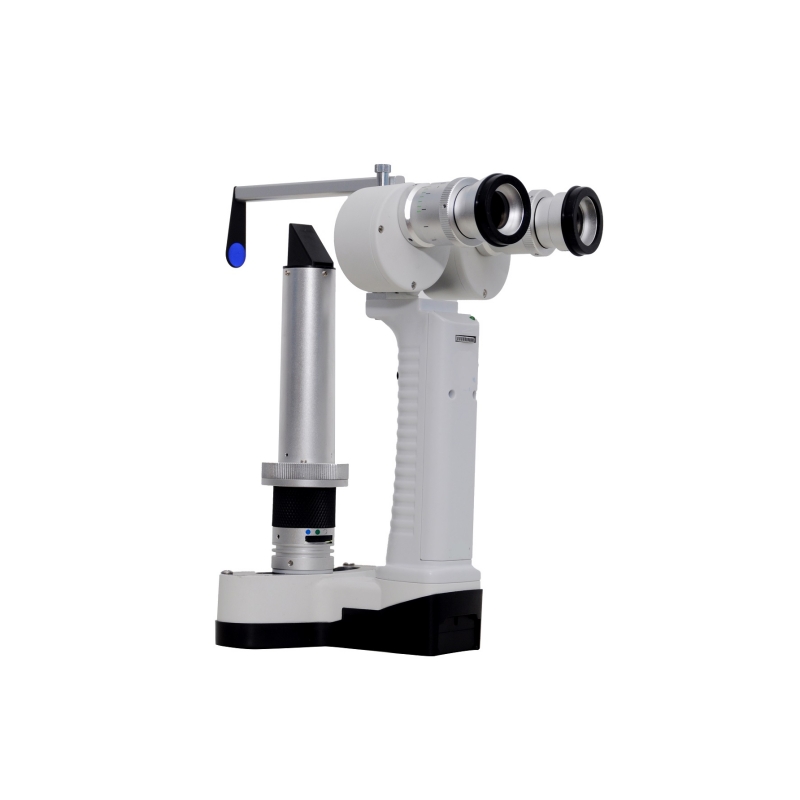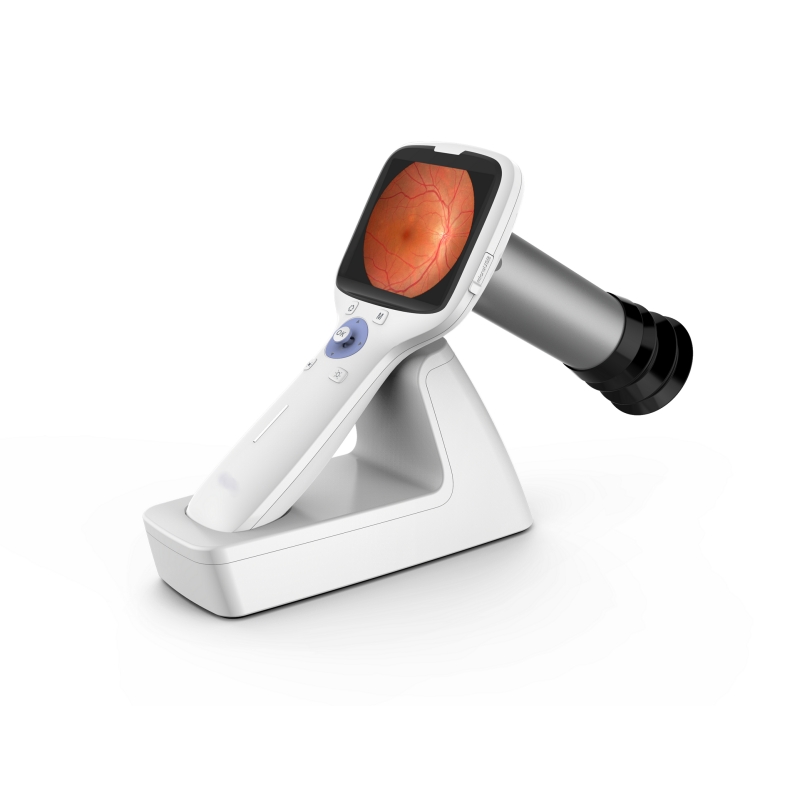What is Insomnia?
What is Insomnia?
Insomnia is a disorder that makes it difficult to fall asleep or stay asleep. Insomnia is also a condition that reduces sleep quality by waking up too early, constantly interrupting sleep, and making it difficult or impossible to fall back asleep. These people are tired and distracted in their daily life. Insomnia, which is a disease that negatively affects the quality of life in this respect, is a disease that needs to be treated urgently.
What Are the Symptoms of Insomnia?
Insomnia has many symptoms. These are:
Difficulty falling asleep even when tired,
Daytime sleepiness and tiredness,
Aggression,
Lack of attention,
Divided sleep at night
Early wake up,
Feeling restless after sleep,
Anxiety,
Sleep hunger.
Apart from these, the person may experience more hyperactive, clumsy and frequent mood changes.
What Causes Insomnia?
Stress, which is the biggest cause of many diseases, is also one of the first factors in insomnia. Many factors such as drugs used, chronic pain, sleep apnea, frequent use of caffeine, alcohol and nicotine, malnutrition, travel, sleep disorders can cause insomnia. Apart from these, this disease can be seen in people over 65 years old, pregnant women, hormonal changes due to menstrual cycle and menopause.
How to Relieve Insomnia?
Elimination of this disease can be eliminated primarily by regulating life and sleep. Besides:
Doing physical activities during the day,
Checking whether the drugs used cause insomnia,
Avoiding short naps during the day,
Limiting or avoiding the use of caffeine, alcohol, and nicotine
Avoiding overeating before bedtime,
Establishing and maintaining a certain habit of calming before going to bed; reading, listening to music, taking a shower.
Diagnosing Insomnia
The important thing in diagnosing insomnia is self-observation. If you have trouble falling asleep, have trouble falling asleep, and wake up early, seek medical help. After the causes of insomnia are determined, appropriate treatment is applied. In this process, the doctor observes the insomnia patient by giving a one or two-week sleep schedule, or he can keep him under observation in a sleep clinic. The diagnosis of insomnia is divided into two: short-term and long-term. Determining this is also important for treatment.
Insomnia Treatment Methods
Insomnia can be treated with drugs, therapies and different treatment methods to relieve insomnia. These are as follows:
Therapy is a method developed to find the causes of insomnia and to find solutions to them, and it can be more effective than drug therapy. It aims to control the negative thoughts and actions that keep the person awake.
Sleeping pills are drugs that help to fall asleep and prevent the interruption of sleep. These drugs, which are not recommended for long-term use, should be left under the control of a doctor after sleep is regulated.
Lifestyle should be changed for healthy sleep and daily activities should be done for this purpose. At the same time, short naps during the day should be reduced or terminated.


 English
English Spanish
Spanish Turkish
Turkish
